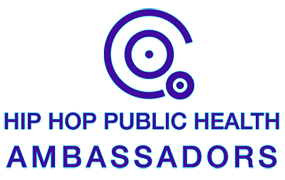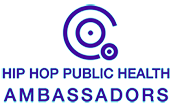Peptides: Indications for Use in Sportsmen
In the world of sports, athletes are constantly searching for ways to improve their performance and recovery. One area that has gained significant attention is the use of peptides. These small chains of amino acids have shown potential in various applications, making them an attractive option for sportsmen aiming to enhance their physical capabilities.
What Are Peptides?
Peptides are short sequences of amino acids that can stimulate various physiological processes in the body. They play a crucial role in signaling pathways and can influence muscle growth, fat loss, and recovery. In the realm of sports, certain peptides are recognized for their beneficial effects on athletic performance.
Indications for Use in Sportsmen
The following are common indications for the use of peptides among sportsmen:
- Muscle Growth: Certain peptides, such as Growth Hormone-Releasing Peptides (GHRPs), can promote muscle hypertrophy by stimulating the release of growth hormone.
- Fat Loss: Peptides like Melanotan II can assist in fat oxidation, aiding athletes in achieving a leaner physique.
- Improved Recovery: Peptides such as BPC-157 (Body Protection Compound) are known for their healing properties, helping to repair injuries and reduce recovery times.
- Enhanced Endurance: Some peptides may improve oxygen delivery and utilization, leading to increased stamina during high-intensity activities.
- Joint Health: Collagen peptides can support joint integrity, making them beneficial for athletes susceptible to joint injuries.
Popular Peptides Used in Sports
Several peptides have gained popularity among athletes. Here are a few notable examples:
- IGF-1: Insulin-like Growth Factor 1 enhances muscle growth and recovery.
- GHK-Cu: A copper peptide that promotes wound healing and skin health, often used for its anti-inflammatory properties.
- Thymosin Beta-4: A peptide associated with tissue repair and regenerative capacities.
- Hexarelin: Known for its ability to increase growth hormone levels and promote muscle gain.
FAQs About Peptides in Sports
Are peptides safe for athletes?
While many peptides are considered safe when used properly, it’s crucial for athletes to consult Sermorelin, GHRP-2 10mg Peptide Sciences with healthcare professionals before starting any new supplement regimen.
Do peptides show immediate results?
Results from peptide use can vary based on the type of peptide, dosage, and individual response. Most athletes report gradual improvements over a period of weeks or months.
Are all peptides legal in sports?
Not all peptides are permitted in professional sports. Athletes should be aware of the World Anti-Doping Agency (WADA) regulations regarding specific substances.
Can peptides replace traditional training methods?
No, peptides should not be seen as a substitute for proper training, nutrition, and recovery practices. They are intended to complement a well-rounded athletic regimen.
Conclusion
The use of peptides in sports offers exciting possibilities for enhancing performance, recovery, and overall athletic capability. However, athletes must approach their use responsibly and stay informed about the legal implications and potential side effects. As research continues to evolve, peptides may become an integral part of sports science and athlete development.

